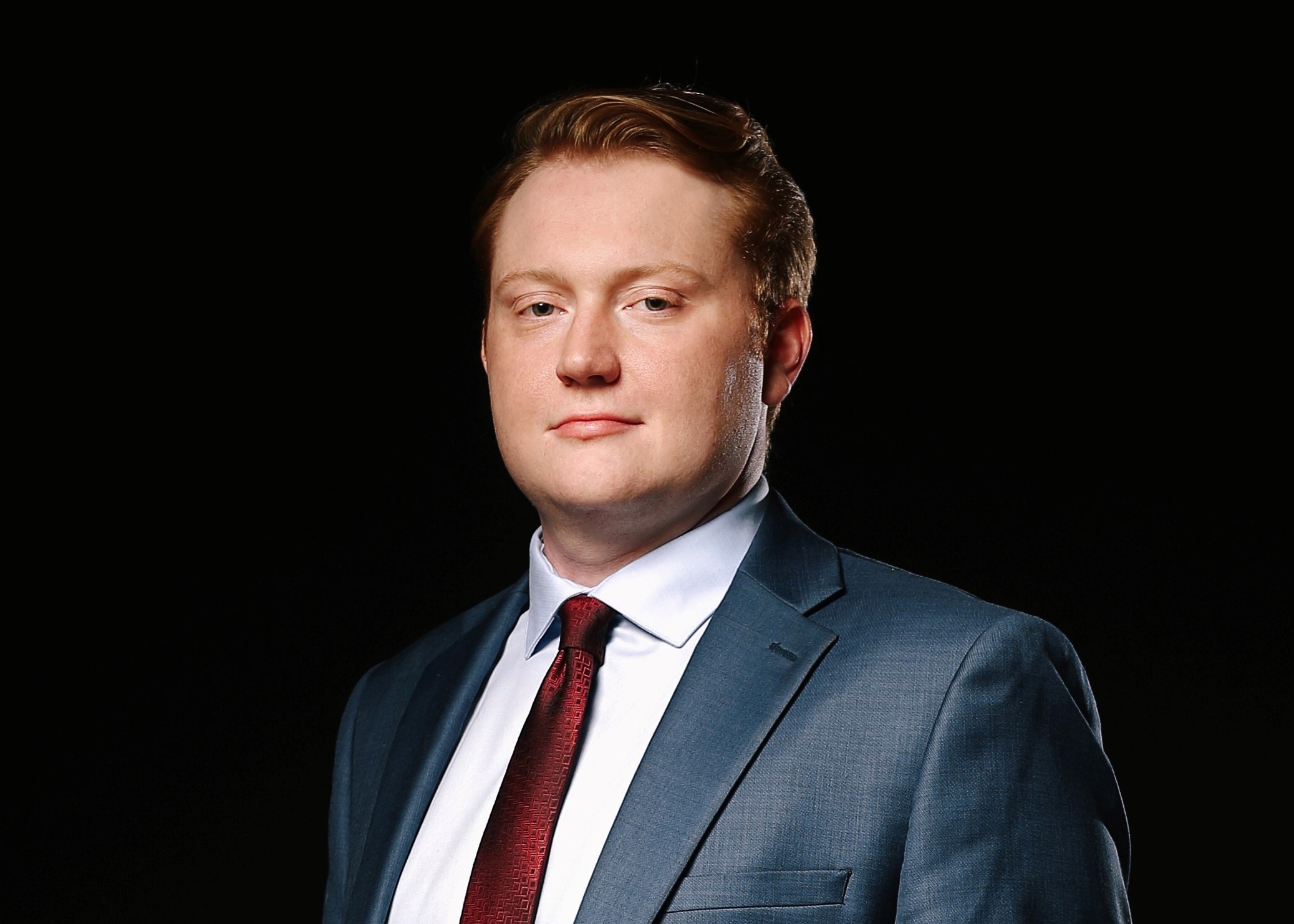Minnesota Lawyer and Finance & Commerce – Partner Content
Author: Ryan Downes
In Minnesota, if you want to pursue an action against a licensed attorney based on “negligence or malpractice,” and you will need to rely on expert testimony to establish a prima facie case, you are required to submit an affidavit from an expert stating an opinion that the target of your lawsuit deviated from the appropriate standard of care. Minn. Stat. § 544.42, subd. 2. But does this apply to claims for breach of fiduciary duty brought against an attorney?
That answer, as it so often is in the legal profession, is, “It depends.” A recent decision handed down by the Minnesota Supreme Court, Mittelstaedt v. Henney, 969 N.W.2d 634 (Minn. 2022), has made it clear that, depending on the case, even breach of fiduciary duty claims against attorneys may require an expert affidavit under Minn. Stat. § 544.22.
The facts in Mittelstaedt were as follows: an attorney (Henney) represented a client (Mittelstaedt) in a business transaction, but the attorney allegedly failed to disclose to his client that he had an ownership interest in the other party to the transaction. 969 N.W.2d at 637. A dispute arose between the parties involving the attorney’s representation, and the client brought, among others, a claim for breach of fiduciary duty against the attorney. Id. The district court granted summary judgment on the plaintiff’s claim of breach of fiduciary duty, but did not address the “expert-affidavit issue.” Id. at 638.
On appeal, the Court of Appeals affirmed the decision, but on different grounds. Id. at 638. Despite no party arguing that the provisions of Minn. Stat. § 544.42 was “important” on appeal, the Court of Appeals held that because breach-of-fiduciary duty claims against attorneys have the same elements as legal malpractice claims, the statute’s affidavit requirements should apply, and the plaintiff had not submitted expert affidavits. Id. The Court of Appeals explained that if the statute did not apply, plaintiffs would have a “back door” to trial on claims against professionals without ever filing an expert affidavit. Id.
The Minnesota Supreme Court took up review of the expert-affidavit issue, and reversed and remanded to the Court of Appeals. Id. at 641. The Court first noted that it had “long held” that professional negligence and breach of fiduciary duty were “distinct claims” because “[p]rofessional negligence claims allege an attorney breached their standard of care, whereas breach-of-fiduciary-duty claims concern a standard of conduct.” Id. at 639. To that end, the Court of Appeals had erred by holding that the two causes of action shared identical elements. Id.
Nevertheless, the Court noted, Minn. Stat. § 544.42’s language—which covers “negligence or malpractice” actions—encompasses a breach of fiduciary duty claim because “malpractice” is a category that includes multiple legal theories for recovery against professionals, including breach of fiduciary duty. Id. As a result, the Court concluded that the statute’s expert-affidavit requirement for negligence or malpractice cases unambiguously applies to breach-of-fiduciary-duty claims when the other requirements of the statute are met. Id.
What are those other requirements? Well, the Court noted that the expert-affidavit requirement applies only where expert testimony “is to be used” by a party to establish a prima facie case. Id. at 640 (quoting Minn. Stat. § 544.42, subd. 2). Whether expert testimony will be necessary is dependent on the facts of each individual case. Id. The Court noted that while the “duty” and “breach” elements of a legal malpractice claim must generally be established by expert testimony, an exception exists for cases where an attorneys’ conduct can be “evaluated adequately by a jury in the absence of expert testimony”. Id. As a result, whether expert testimony would be required for a breach-of-fiduciary-duty legal malpractice claim against an attorney would have to be decided on a case-by-case basis. Id. The answer, at the end of it all, was “It depends.”
In light of the Mittelstaedt decision, attorneys should be proactive about evaluating whether a legal malpractice claim couched as a breach of fiduciary duty requires an expert affidavit. Submitting an expert affidavit even where you think a jury could evaluate the conduct at issue on its own may be the safe course to follow. Deciding to roll the dice and attempt to fit a claim into the exception to the rule may be risky. This is especially true because failure to adhere to the expert affidavit requirement can be a fatal mistake resulting in dismissal with prejudice and may, ironically, expose the attorney who brought the claim in the first place to a legal malpractice suit.
—
Ryan is an associate with Anthony Ostlund Louwagie Dressen & Boylan P.A. in Minneapolis. Ryan represents clients of all types in litigation involving shareholder disputes, breach of contract, employment, fraud, breach of fiduciary duties, trust disputes, and other business torts.


